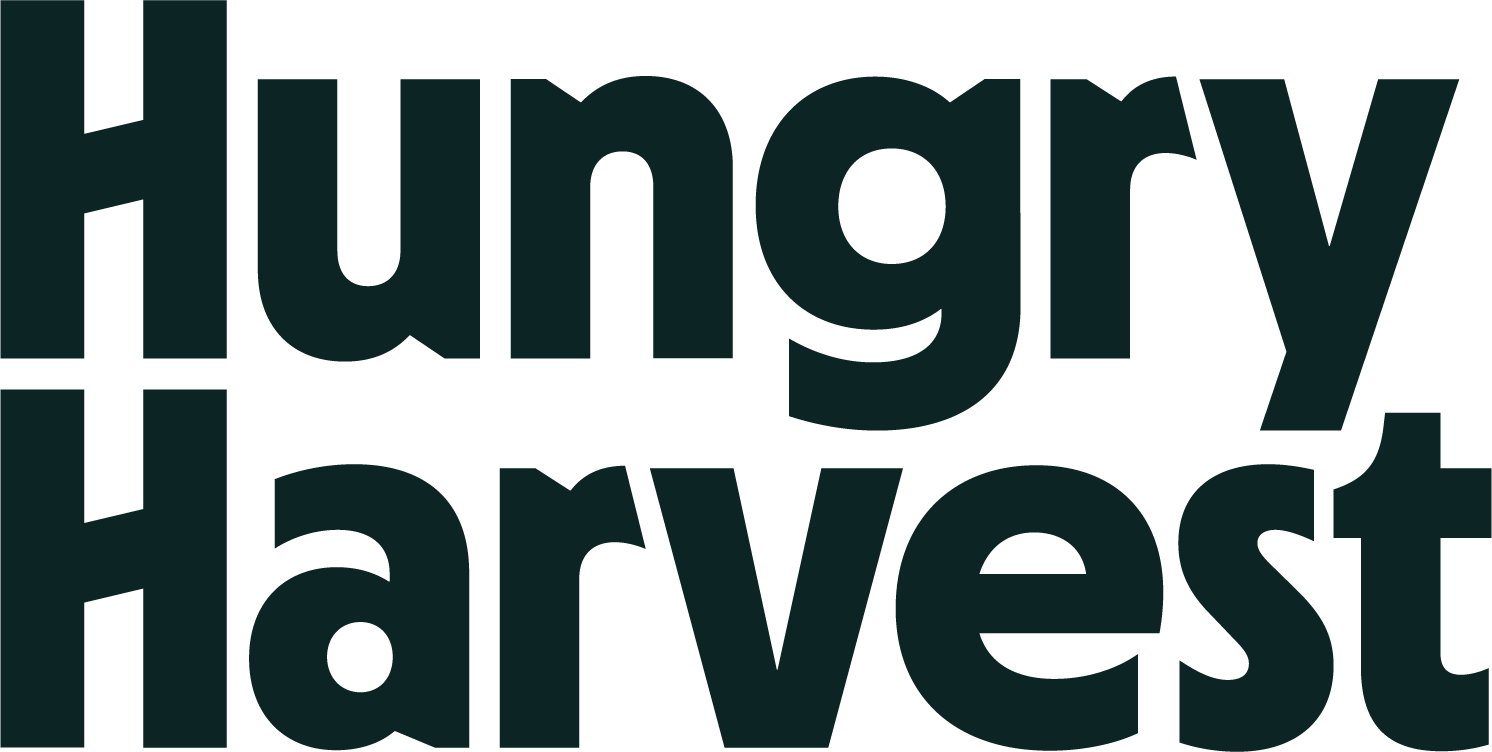Produce with Purpose: Harvesting Change, One Box at a Time
We’re excited to share this recent article about Hungry Harvest, originally published by NourishedRX
When Evan Lutz appeared on Shark Tank in 2016, his pitch was simple: Hungry Harvest sells produce with purpose.
Each year, billions of pounds of fresh produce are thrown away because of odd size or shape even as tens of millions of Americans go hungry. But as Evan put it, “At Hungry Harvest, we use one problem to solve the other. We purchase surplus produce from local farms and wholesalers, assemble it into variety boxes, and deliver it to our customers through a weekly subscription model. And for every box we deliver, we donate a healthy meal to someone in need.”
Four of the five Shark Tank panelists declined to make an offer. They thought the startup was too mission-driven to focus on scale and profit. But one panelist saw the potential and believed in the vision. Evan accepted the $100,000 offer for 10% of the company and set out to prove that Hungry Harvest could reduce food waste, close food access gaps, and make a social impact while thriving as a business.
From the Basement to the Community
Growing up in Baltimore, Evan was raised in a family where healthy food was part of every meal and nothing went to waste. In middle and high school, he volunteered at hunger-focused charities and food banks. At the same time, he became fascinated by the idea of social entrepreneurship and the power of business to be a force for good.
He went to the University of Maryland with the goal of starting a social enterprise. One semester, he toured a local farm with his class and learned that only perfectly shaped produce could be sold. Any fruits or vegetables that were misshapen (but still nutritious and good tasting) would be rejected by the food industry and go to waste. For a typical farm, that was around 20% to 30% of all produce. Meanwhile, on campus, Evan’s peers were consuming an ultra-processed dorm room diet and in serious need of better access to healthy food. He immediately saw the market opportunity for a social venture.
Evan started that enterprise by buying “ugly” produce in bulk and selling it in five-pound bags at his own farm stand outside the student union. In his first week, he had 20 student customers. By the end of the semester, he had 500 customers a week, 10 volunteers, and 2 interns.
Knowing the need for healthy food went well beyond campus, he set out to expand his new venture into the nearby community with a home delivery business that sold recovered produce. Since imperfect produce was often perceived as “bad,” Hungry Harvest spent its early years educating people about food waste and the benefits of recovered produce: it’s less expensive, fresher, and tastes just as good as what was available at the grocery store. In addition, for every bag that Hungry Harvest delivered, a couple of pounds of produce was donated to those in need—an effort that made a mark on the local community and helped build a loyal customer base.
As Hungry Harvest took off, Evan and his team began to see opportunities to reach more people who had limited access to healthy food. While many food-insecure people could rely on food banks, a lot were ineligible for assistance because they had an income, even though it was not enough to afford quality food.
As Evan says, “We knew that this would likely cost us money. But if we were going to build an inclusive food system, we needed to spend our energy and resources towards that in a real way.”
Read the full article here.
